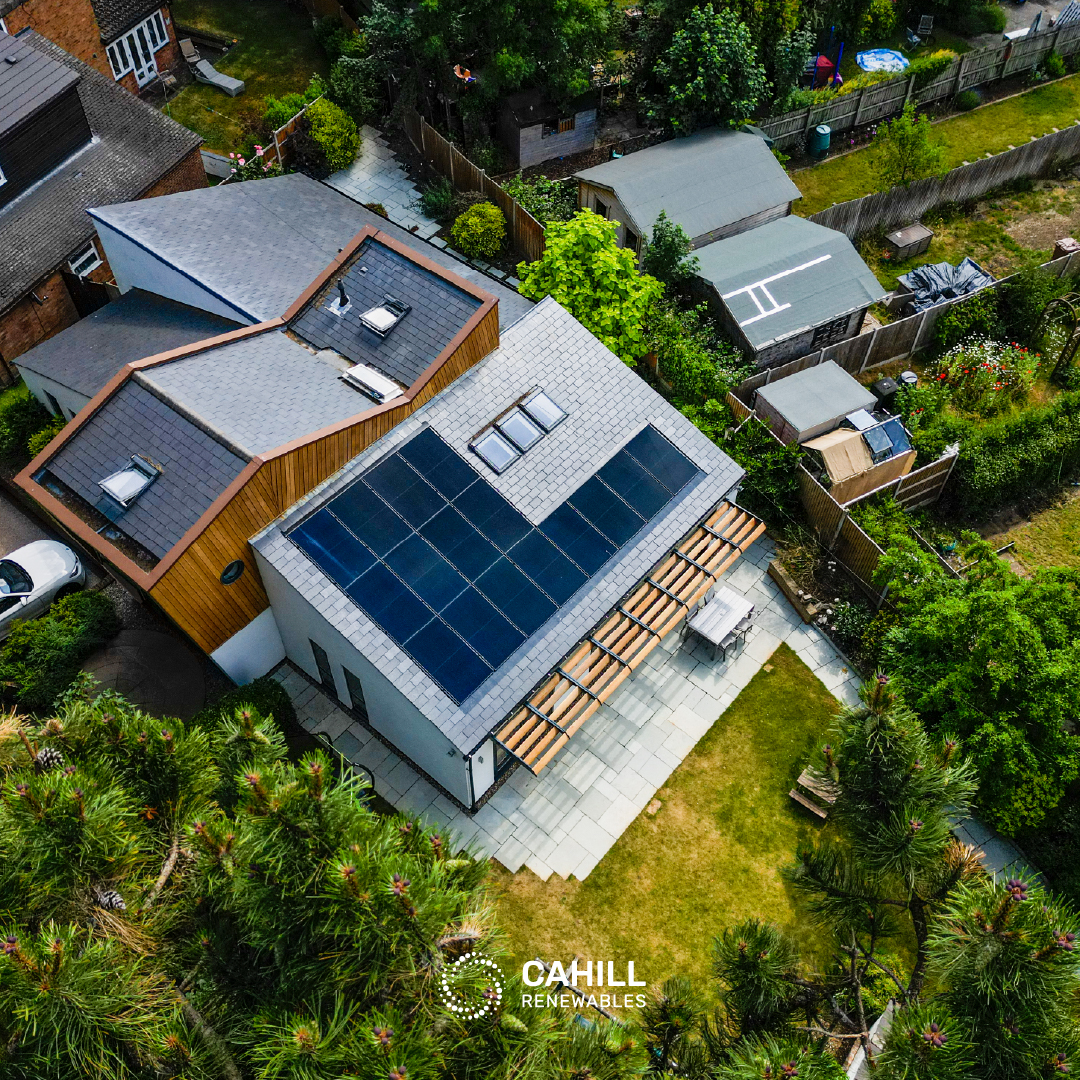As the world shifts towards more sustainable energy sources, solar power has emerged as a popular choice for homeowners looking to reduce their carbon footprint and save money on their energy bills. Solar power installation offers a range of benefits, from reducing greenhouse gas emissions to providing long-term cost savings. In this article, we will explore how solar panel installation can help you save money and contribute to a cleaner, greener environment.
The Benefits of Solar Power Installation
1. Cost Savings
- By harnessing the power of the sun, solar panels can generate electricity for your home, reducing your reliance on traditional energy sources.
- Over time, this can lead to significant cost savings on your energy bills, as you generate your electricity and potentially sell any excess energy back to the grid.
- Many governments and utilities offer incentives, such as tax credits and rebates, to help offset the initial cost of solar power installation, making it even more affordable for homeowners.
2. Environmental Benefits
- Solar power is a clean, renewable energy source that produces no greenhouse gas emissions or air pollutants, unlike traditional fossil fuels.
- By switching to solar power, you can reduce your carbon footprint and contribute to the fight against climate change.
- Using solar energy helps to conserve natural resources and reduces our dependence on finite sources of energy, such as coal, oil, and natural gas.
Getting Started with Solar Power Installation
1. Assessing Your Energy Needs
- Before installing solar panels, it's essential to assess your home's energy needs to determine the size and type of system that will best suit your requirements.
- You can work with a professional solar installer to conduct an energy audit and recommend the most suitable solar power system for your home.
2. Choosing the Right Solar Panels
- There are several types of solar panels available, including monocrystalline, polycrystalline, and thin-film panels, each with its advantages and efficiency levels.
- Consider factors such as your budget, available roof space, and energy requirements when choosing the right solar panels for your home.
3. Finding a Reputable Solar Installer
- It's crucial to work with a reputable and experienced solar installer to ensure your solar panels are installed correctly and safely.
- Research local solar companies, read reviews, and ask for recommendations from friends or family before selecting a solar installer for your home.
Maximizing Your Solar Power Savings
1. Taking Advantage of Solar Incentives
- Explore available solar incentives, such as federal tax credits, state rebates, and utility incentives, to maximize your cost savings on solar power installation.
- These incentives can help offset the upfront cost of solar panels and reduce your payback period significantly.
2. Implementing Energy Efficiency Measures
- Combine solar power installation with energy-saving measures, such as upgrading to energy-efficient appliances, sealing air leaks, and improving insulation, to further reduce your energy consumption.
- Reducing your overall energy usage can increase the effectiveness of your solar power system and lead to additional savings on your energy bills.
3. Monitoring Your Solar Power System
- Regularly monitor your solar power system's performance to ensure it is operating efficiently and generating the expected amount of electricity.
- Keep an eye on your energy production and consumption patterns to identify any issues or areas for improvement, such as shading or debris on your solar panels.
Conclusion
Solar power installation offers a range of benefits for homeowners, from reducing energy bills to helping protect the environment. By harnessing the power of the sun, you can generate clean, renewable energy for your home and reduce your carbon footprint. With the availability of incentives and advancements in solar technology, now is an excellent time to consider investing in solar power installation for your home.
